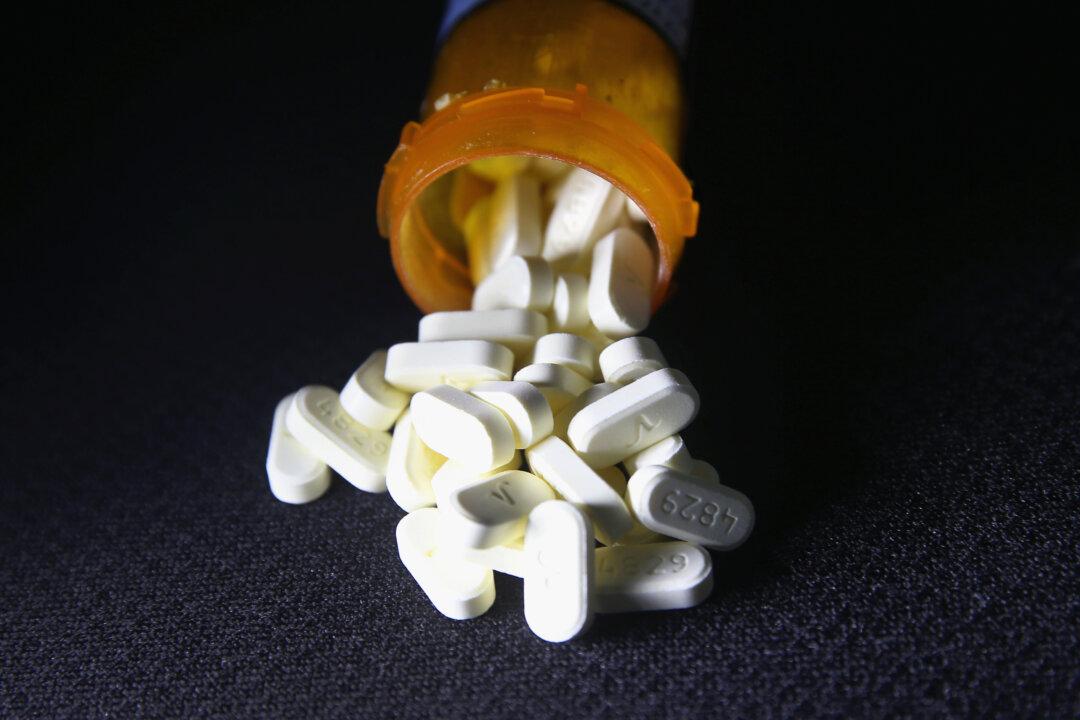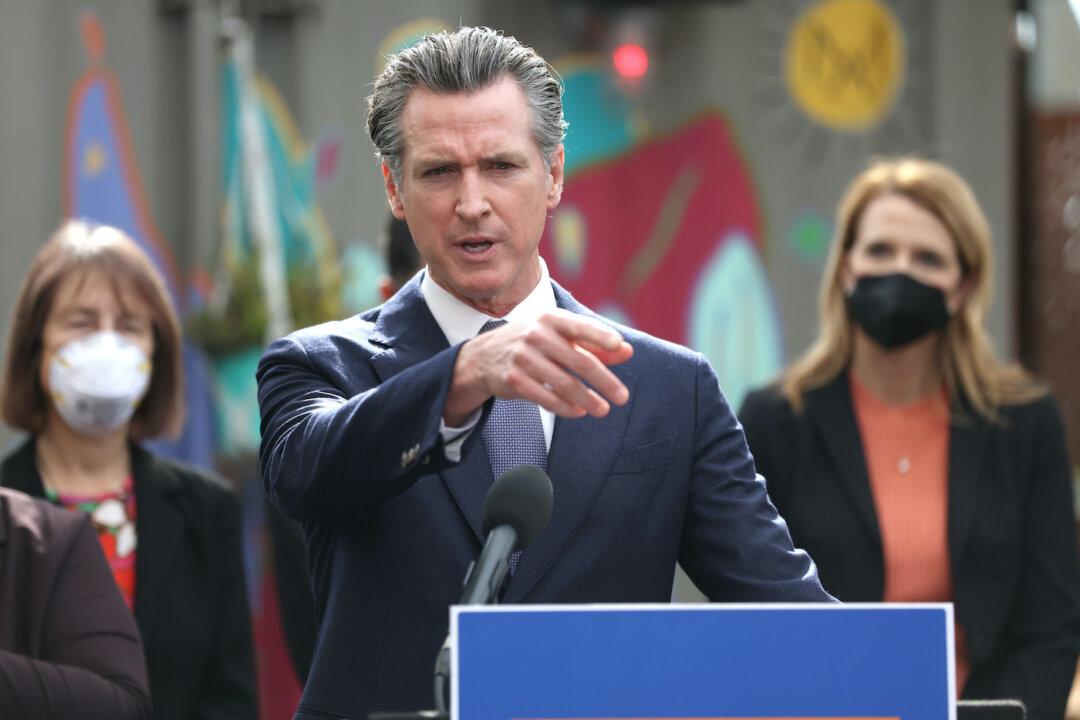Nearly nine million opioids were shipped to a single pharmacy in the small town of Kermit, West Virginia, population 406, in just two years, according to a Congressional report released on Dec. 19.
In 10 years, 20.8 million opioids were distributed to pharmacies in Williamson, with a population of 3,000 people. From 2007 and 2012, drug distributors sent a total of more than 780 million hydrocodone and oxycodone pills to West Virginia.





